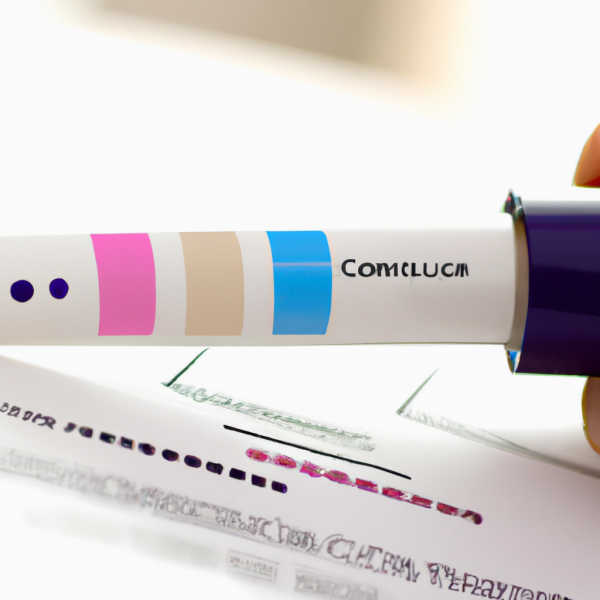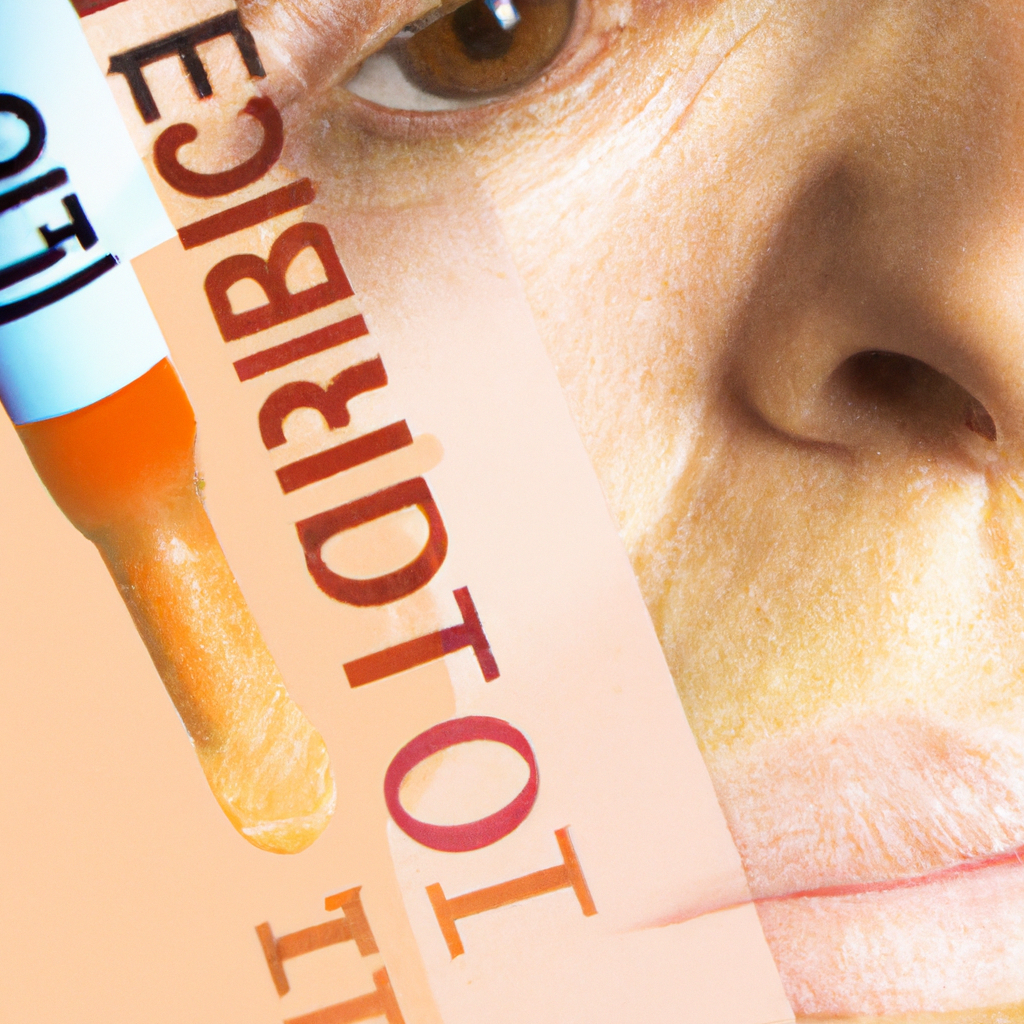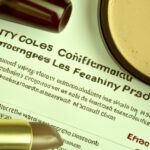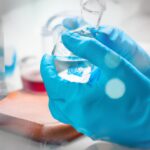Ensuring High-Quality Cosmetic Production Through Efficacy Testing
As consumers, we all want to look and feel our best, and this has created a booming market for cosmetics, personal care, and beauty products. The demand for aesthetically-pleasing products using only top-shelf ingredients has created an industry worth hundreds of billions of dollars. This being the case, businesses producing these items strive to provide the highest-quality luxury cosmetics possible, putting them through a rigorous efficacy testing process that is designed to produce the best results.
What Is Cosmetic Efficacy Testing?
Efficacy testing is any type of testing which is used to demonstrate that a particular product works as it is advertised to do. As far as cosmetics production is concerned, efficacy testing comprises scientific procedures designed to demonstrate the claimed performance of particular products such as creams, lotions, lipsticks, foundations, and more. All production batches must satisfy a certain pre-determined standard of safety, efficacy, and quality before they can be sold on the market.
The Steps Involved in Cosmetic Efficacy Testing
The efficacy testing process for cosmetics production involves several steps, each one designed to get progressively more detailed and specific in evaluating the product’s performance. The steps include:
1. Conception and Design
This phase involves the formulation of the product idea, determining how multiple ingredients will interact, and designing tests to evaluate the performance of the product. At this stage, the desired product features and claims are also identified, such as anti-aging, and allergen or preservative-free.
2. Preclinical Assessment
Before any testing is done on human volunteers, a preclinical assessment is performed to assess the potential toxicity of the product. During testing, the product and its ingredients are studied and assessed, sometimes with the help of in-vitro cell cultures, animal lab models, and microdosing, to assess how the product affects cells and living organisms.
3. Safety Clinical Trials
Once the preclinical assessment is completed, safety clinical trials begin. During this phase, the product is tested on human volunteers to ensure safety, determine the best dosage and usage instructions, and evaluate allergic responses. At this stage, the preliminary efficacy of the product is also determined.
4. Clinical Trials
The clinical trials phase is designed to evaluate the product’s claimed performance, as well as the overall benefits of its ingredients. This involves a more detailed and rigorous testing process regarding the effectiveness of the product’s claims, and the production batch must meet a certain pre-determined standard before it can be approved and sold to consumers.

Benefits of Cosmetic Efficacy Testing
-
- Efficacy testing helps to ensure the safety and quality of the production batch, providing confidence that the product contains only the highest-quality ingredients.
-
- It guarantees that the product performs as it is described and advertises, making sure that the cosmetic meets the customer’s expectations.
-
- The testing process helps the production personnel to make sure that the product contains no harmful substances or allergens which could cause an adverse reaction in users.
-
- The information gathered during the efficacy testing helps to inform future product design, allowing companies to modify their products while still remaining in compliance with regulatory standards.
FAQs About Cosmetic Efficacy Testing
What kind of products are subject to efficacy testing?
Efficacy testing usually applies to cosmetic products such as creams, lotions, shampoos, makeup, and other items designed to improve appearance or aid in personal health and care.
What kind of tests are conducted during efficacy testing?
The tests conducted during efficacy testing can vary according to the product being tested. Usually, the tests would involve dermatological tests, sensory tests, microbiological tests, and stability testing.
How long does efficacy testing typically take?
The length of the efficacy testing process depends on the complexity of the product being tested. Generally, the process can take anywhere from two months to one year to complete, depending on various factors, such as the number of ingredients, the size of the production batch, and the number of tests conducted.
Is efficacy testing required by law?
Yes, most countries around the world have laws requiring companies to perform efficacy testing on the products they are producing. This helps to ensure the safety and effectiveness of the product, as well as providing confidence to customers.
Conclusion
As the demand for effective cosmetics and beauty products continues to rise, companies strive to provide the highest-quality products possible, subjecting their production batches to extensive efficacy testing. This process helps to ensure the safety, quality, and effectiveness of the production run, providing customers with confidence that the products they are purchasing are of the highest standard. By conducting efficacy testing for all of their cosmetics, companies can guarantee that their luxury cosmetics are of the best possible quality.
The Importance of Choosing a Reliable Cosmetic Efficacy Testing Provider
When it comes to cosmetic efficacy testing, choosing a reliable and experienced testing provider is crucial. Working with a reputable provider ensures that your products undergo thorough testing and evaluation, leading to accurate results and valuable insights. Here are some key considerations when selecting a cosmetic efficacy testing provider:
1. Expertise and Experience
Look for a testing provider that specializes in cosmetic efficacy testing and has extensive experience in the industry. A provider with a solid track record will have in-depth knowledge of testing procedures, regulations, and industry standards. Their expertise can help you navigate the complexities of efficacy testing and ensure compliance with regulatory requirements.
2. Comprehensive Testing Methods
A reliable testing provider should offer a wide range of testing methods to assess different aspects of your cosmetic products. This may include dermatological tests, sensory evaluation, microbiological analysis, stability testing, and more. Comprehensive testing ensures that all crucial aspects of your products’ efficacy and safety are thoroughly evaluated.
3. State-of-the-Art Facilities and Equipment
Choose a testing provider that invests in modern facilities and advanced equipment. State-of-the-art facilities enable more accurate and reliable testing results. Advanced equipment, such as high-resolution imaging systems or advanced spectroscopy devices, can provide detailed insights into the performance and composition of your cosmetic products.
4. Compliance with Regulatory Standards
Ensure that the testing provider complies with relevant regulatory standards and guidelines. This includes adherence to Good Laboratory Practices (GLP) and compliance with regional regulations, such as those set by the U.S. Food and Drug Administration (FDA), European Medicines Agency (EMA), or other regulatory bodies in your target market. Compliance with these standards ensures that your products meet the necessary requirements for safety and efficacy.
5. Confidentiality and Data Security
Your cosmetic formulations and testing results are valuable assets. Choose a testing provider that prioritizes confidentiality and data security. Look for providers that have robust data protection measures in place, including secure data storage, controlled access to testing facilities, and strict protocols for handling confidential information.
6. Timely and Transparent Reporting
Timely and transparent reporting is crucial for efficient product development and marketing. A reputable testing provider should deliver clear and comprehensive reports, including detailed analysis of the test results, interpretations, and recommendations. This information can help you make informed decisions about product improvements and marketing claims.
Choosing the Right Partner for Your Cosmetic Efficacy Testing Needs
Finding the right partner for your cosmetic efficacy testing needs is essential for ensuring the success of your product. By selecting an experienced, reliable, and comprehensive testing provider, you can have confidence in the safety, quality, and efficacy of your cosmetic formulations.
At [Your Company Name], we have been a trusted leader in cosmetic efficacy testing for over 20 years. Our team of highly skilled professionals, state-of-the-art facilities, and commitment to excellence make us the ideal partner for your testing needs. Contact us today to discuss how we can help unlock the full potential of your cosmetic products through comprehensive and reliable efficacy testing.






